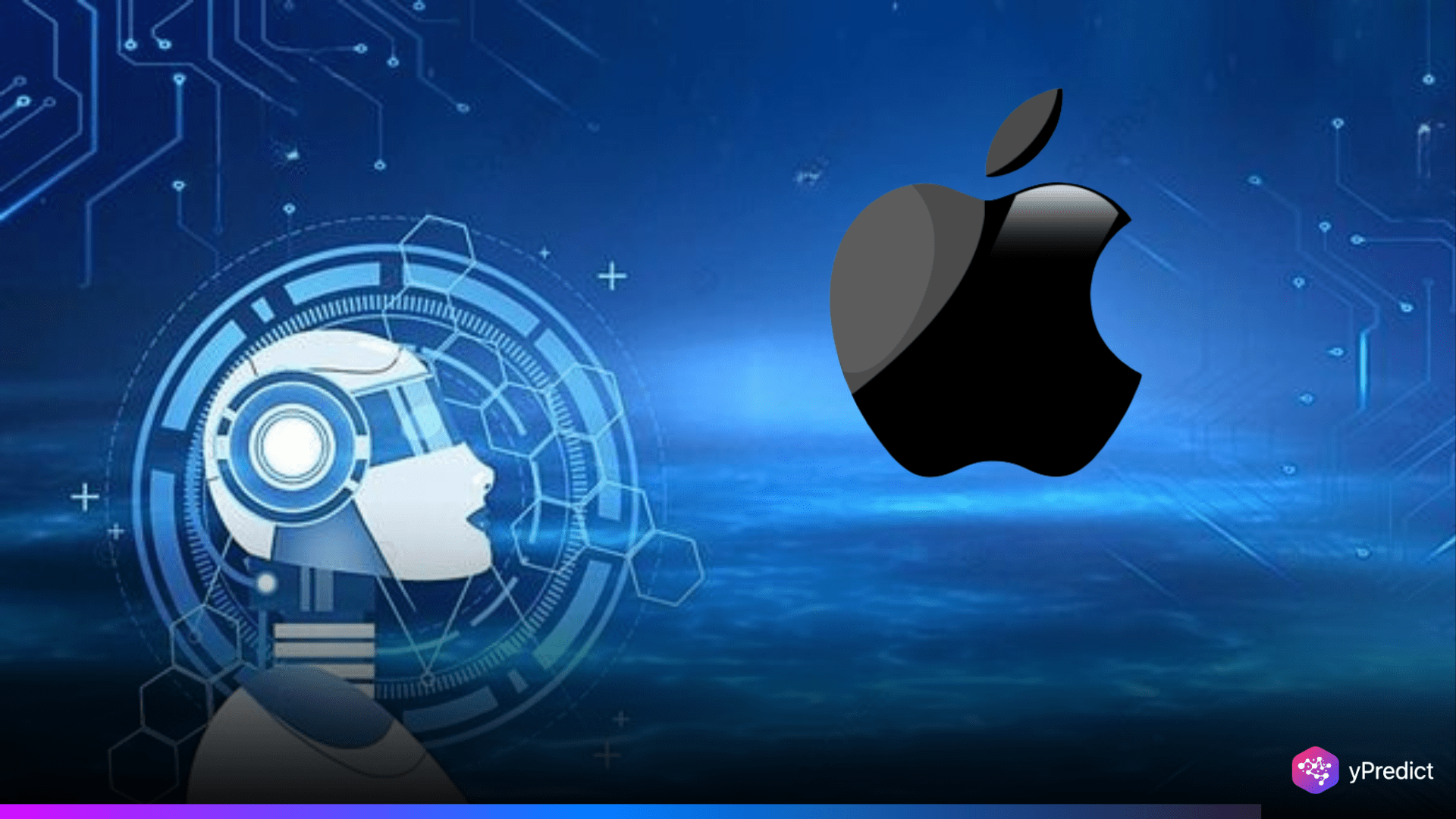
Apple has partnered with AI company Anthropic to create a smart coding assistant integrated into Xcode, its central development platform. Powered by Anthropic’s Claude Sonnet model, the software is currently being tested internally and aims to enhance code writing, editing, and debugging.
This move signals Apple’s strategic entry into the AI development space, complementing its broader efforts to incorporate advanced AI across its platform. While competitors like Microsoft and Google are pursuing similar initiatives, Apple’s strategy emphasizes empowering developers and accelerating software development through generative AI technology.
Apple Rewrites Its AI Playbook
According to a Bloomberg report published on Friday, Apple Inc. is collaborating with AI company Anthropic PBC to create a new artificial intelligence-based software development platform. The project, internally referred to as a “vibe-coding” system, aims to assist programmers by automating code writing, editing, and testing using Anthropic’s Claude Sonnet language model.
Sources familiar with the program, who requested anonymity due to the project’s confidentiality, say the platform will be built as an enhanced version of Apple’s existing integrated development environment, Xcode.
Bloomberg reported that,
The system is a new version of Xcode, Apple’s programming software, that will integrate Anthropic’s Claude Sonnet model, according to people with knowledge of the matter. Apple will roll out the software internally and hasn’t yet decided whether to launch it publicly, said the people, who asked not to be identified because the initiative hasn’t been announced.
This collaboration follows Apple’s earlier attempt to integrate AI into Xcode with the “Swift Assist” feature, announced in 2024. Although Swift Assist aimed to boost developer productivity, internal teams reportedly criticized it for causing errors, generating hallucinated outputs, and slowing down development. These challenges likely prompted Apple to seek stronger AI partnerships with external collaborators.
This collaboration follows Apple’s previous attempt to integrate AI into Xcode with the “Swift Assist” feature, announced in 2024. While Swift Assist aimed to improve developer productivity, internal teams reportedly criticized it for causing errors, generating hallucinated outputs, and slowing development. These issues might have led Apple to explore more robust AI partnerships with external collaborators.
Anthropic, supported by Amazon, developed the Claude series of large language models. These models are known for their efficiency in code generation and are widely used on platforms like Cursor and Windsurf.
Apple is now integrating the Claude Sonnet model into its internal tools. The model aims to help developers by enabling natural language scripting, automating bug fixes, and supporting dynamic interface testing through an embedded chat interface.
Coding Gets Smarter, Simpler, More Apple-Like
As reported by The Verge, Apple has developed the assistant as an integral part of Xcode, emphasizing security, performance, and context awareness, all of which align with the company’s privacy-centric development approach. While GitHub Copilot and other tools have gained popularity among developers, Apple’s strategy stands out.
It offers a native, on-device experience, seamlessly embedded within its software ecosystem. This approach positions Apple to provide unmatched continuity for developers building across iOS, macOS, watchOS, and beyond.
This collaboration between Apple and Anthropic has the potential to revolutionise app development by making it faster, easier, and more accessible.
What Comes Next
Apple’s collaboration with Anthropic marks a significant shift in how developers interact with code. By integrating the Claude Sonnet AI into Xcode, Apple is not only enhancing efficiency but also transforming the developer experience. This move strengthens Apple’s AI presence while maintaining its signature focus on privacy and performance.
As generative AI becomes more embedded in software development, Apple’s developer community will benefit from smarter, more intuitive tools that streamline processes and drive innovation across its ecosystem.






